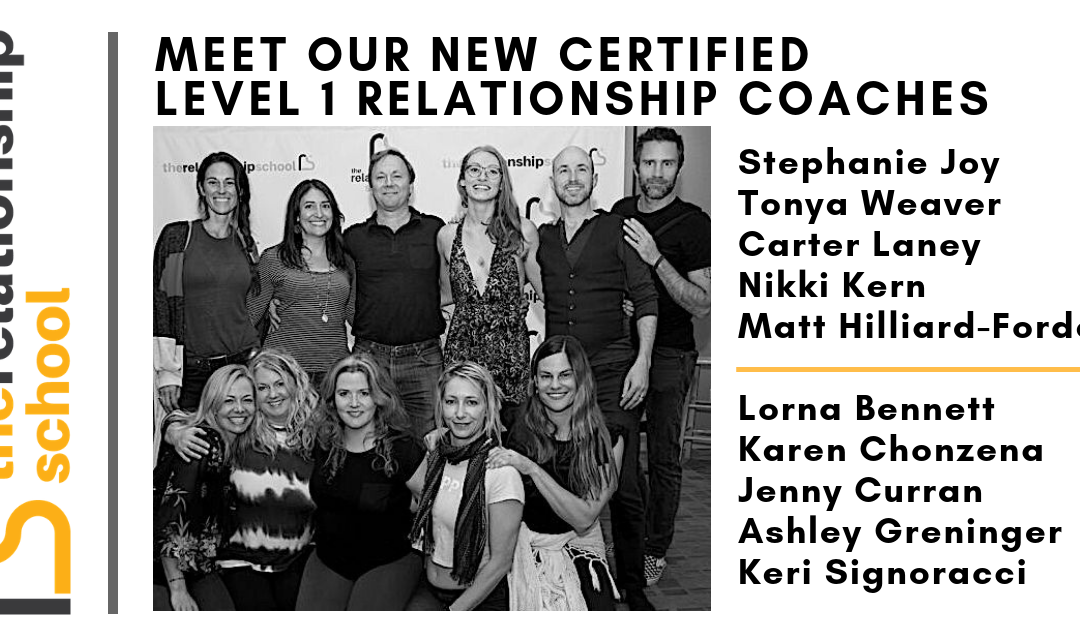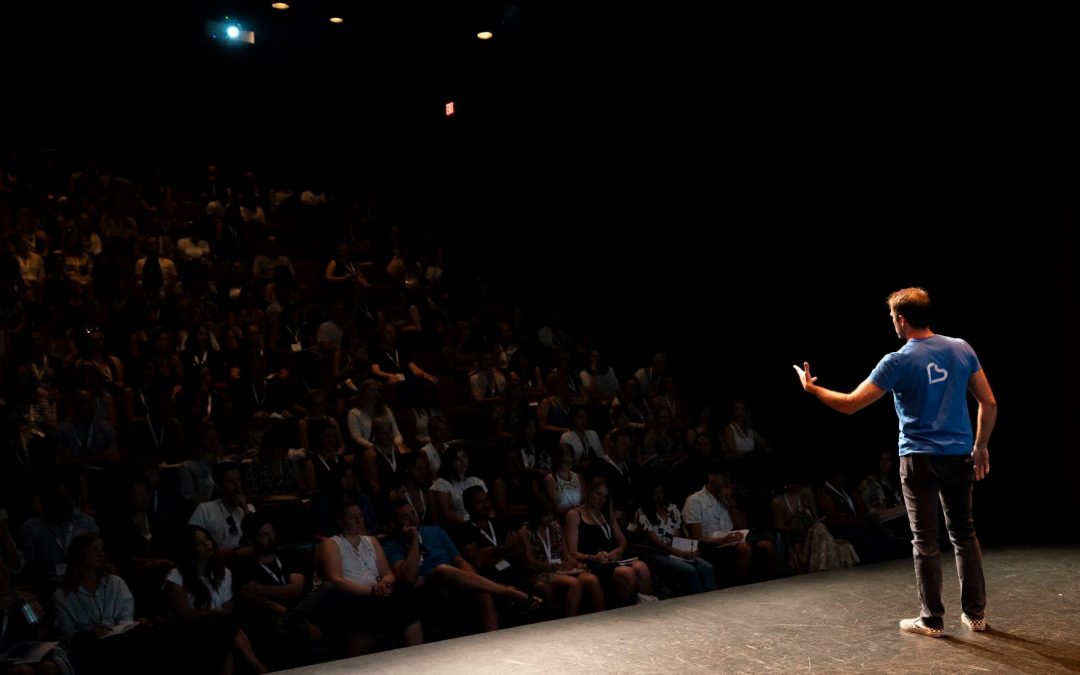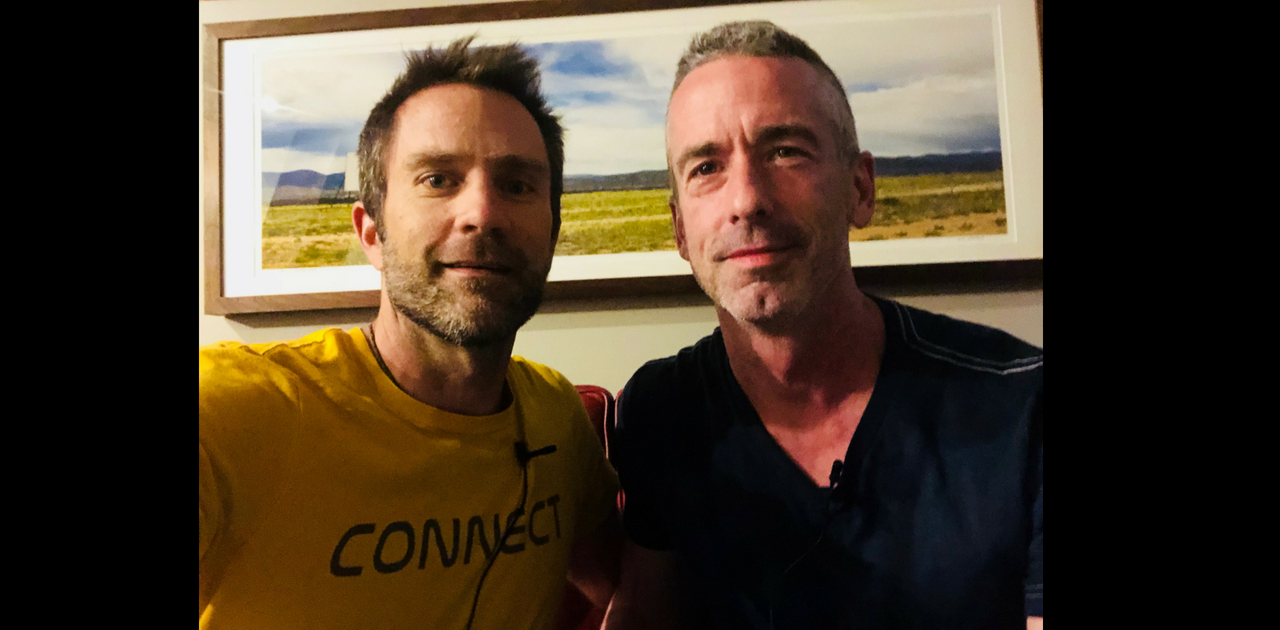Originally published on Elephant Journal here.
A brand new Harvard University study conducted for five years surveyed over 3,000 teens and young adults on the topic of romantic relationships and sexuality.
Richard Weissbourd and The Making Caring Common Project ran the study called “Young People’s Romantic Relationships” and published their findings in “The Talk: How Adults Can Promote Young People’s Healthy Relationships and Prevent Misogyny and Sexual Harassment.
What this bold research project found contradicts what we think we know about teens and offers new hope for one of the most important aspects of our lives—our romantic relationships.
The study confirms what those of us who have worked with teens for years have known, but didn’t have the research to back up.
For more information from Richard on this topic check out the epic podcast I did with him here.
Now, when you think of teens, college kids, and sex, what do you automatically assume?
“Kids these days” are irresponsible, reckless, and oversexualized, hooking up left and right with whomever, wherever.
This is what most adults think about adolescent behavior, especially when it comes to sex.
However, the Harvard study found the opposite to be true. The research found that prevailing assumptions about the teen “hook-up” culture are wrong. Contrary to popular belief, both teens and adults are exaggerating what actually happens in the sex lives of teenagers.
This leads to teens mistakenly comparing themselves to an embellished and exaggerated culture of sex, which perpetuates self-doubt and self-betraying behaviors. They might do something risky out of not wanting to be the odd person out. Or they may beat themselves up for being caring and sensitive, thinking they are the only one who feels this way.
We now know that young people care more than we thought about having respectful and mutual love relationships. In fact, 85 percent of the respondents said they would rather hang with their friends or practice sex in a committed relationship. Cool, right?
Another finding from the study is even more surprising:
They found that 70 percent of teens and young adults actually do want guidance from adults, specifically around love relationships. What?
Yup. Turns out, teens and young adults feel anxious and extremely unprepared for what it takes to have a romantic relationship. According to the study, “70% of the 18 to 25-year-olds who responded to our survey reported wishing they had received more information from their parents about some emotional aspect of a romantic relationship.” Yes, 70 percent! That’s the vast majority of teens, folks!
These two findings alone are monumental.
And what are we doing to deliver? Pretty much nothing. That is the painful truth this study reveals: We are failing kids in the romantic relationship department across the board.
Virtually no one is teaching young people about how to have safe, successful, fulfilling romantic relationships, even though they want it. As the study says:
“For adults to hand over responsibility for educating young people about romantic love—and sex—to popular culture is a dumbfounding abdication of responsibility.”
As a result, young people will grow into adults who really struggle to thrive in a partnership and instead blowout, break up, get divorced, and feel ashamed and incompetent in their romantic relationships. This adds layers and layers of mental and emotional stress into the life of the American adult.
By now, most of us have read the 75-year Harvard study that found the single biggest determinant of life satisfaction over our lifespan is the depth and quality of our relationships. So we know how important this is, yet very little is being done to teach young adults about realistic love relationships or to raise relationally mature adults.
Instead of getting formally taught or trained on how to communicate effectively, how to listen, how to work out differences, and how to not betray yourself and your needs, we allow our society to fill the void and teach our young people, which means whatever they see, hear, and absorb from peer culture, pop culture, and avoidant parents.
Gulp.
No wonder so many of us suck at romantic relationships.
Before we completely bury ourselves in shame and throw in the towel, let’s consider the recommendations the Harvard study proposes in our attempts to reveal the next step.
Here are their first two recommendations:
- “Talk about love and help teens understand the difference between mature love and other forms of intense attraction.”
- “Guide young people in identifying healthy and unhealthy relationships.”
I love it!
Basically, the study’s broad recommendation is for parents to step up and lead here. It makes sense. The study wants to get parents more in the driver’s seat of teaching their kids about realistic, mature, adult love. I love the aspiration and intention. However, we all know there’s a big limitation with this approach, which the study acknowledges here:
“Many parents and educators, to be sure, may not see providing this guidance as their role, may not know how to have these conversations, or may feel hobbled in these conversations because they view themselves as failures in their own romantic relationships—they don’t believe they have wisdom to share.”
And, this is the challenge with the directives. Sadly, as much as parents may want to guide the youth, my guess is that most parents don’t trust themselves in this department. Many parents might be equally lost and confused about love relationships.
Can we really ask parents—who might feel ashamed of their track record or unfulfilled in their relationship life—to teach young adults about love? These same parents also never received a proper education around romantic relationships—which, by the way, are the hardest of all relationships.
Sadly, many parents are out of their league, not because they are bad people or there’s anything wrong with them, but because they never learned either.
So, what’s the big solution?
First, let’s stop assuming teens and young adults are big, scary creatures who don’t want to listen or learn from us adults.
Next, let’s stop abdicating responsibility to the media, peer culture, and society about the most important and resource-rich part of our lives.
And if we have some sh*t to learn in this department? Let’s model being a willing student ourselves, which helps kids feel less ashamed and gives them more permission to take responsibility for this magical part of our lives.
Behind their screens and walls, young people are longing for our help and guidance here. This is wonderful news. All we have to do is our work so that we can provide the guidance, support, and resources that our kids need.
I personally aim to tackle this issue head on, as it’s my life’s work. That’s why I started The Relationship School®
If you feel called to help young people get the relationship guidance they’re longing for, and help change the way the world views relationship, think about becoming a Relationship Coach with us here.
Let’s do this!
________________
Photo by rawpixel on Unsplash
















